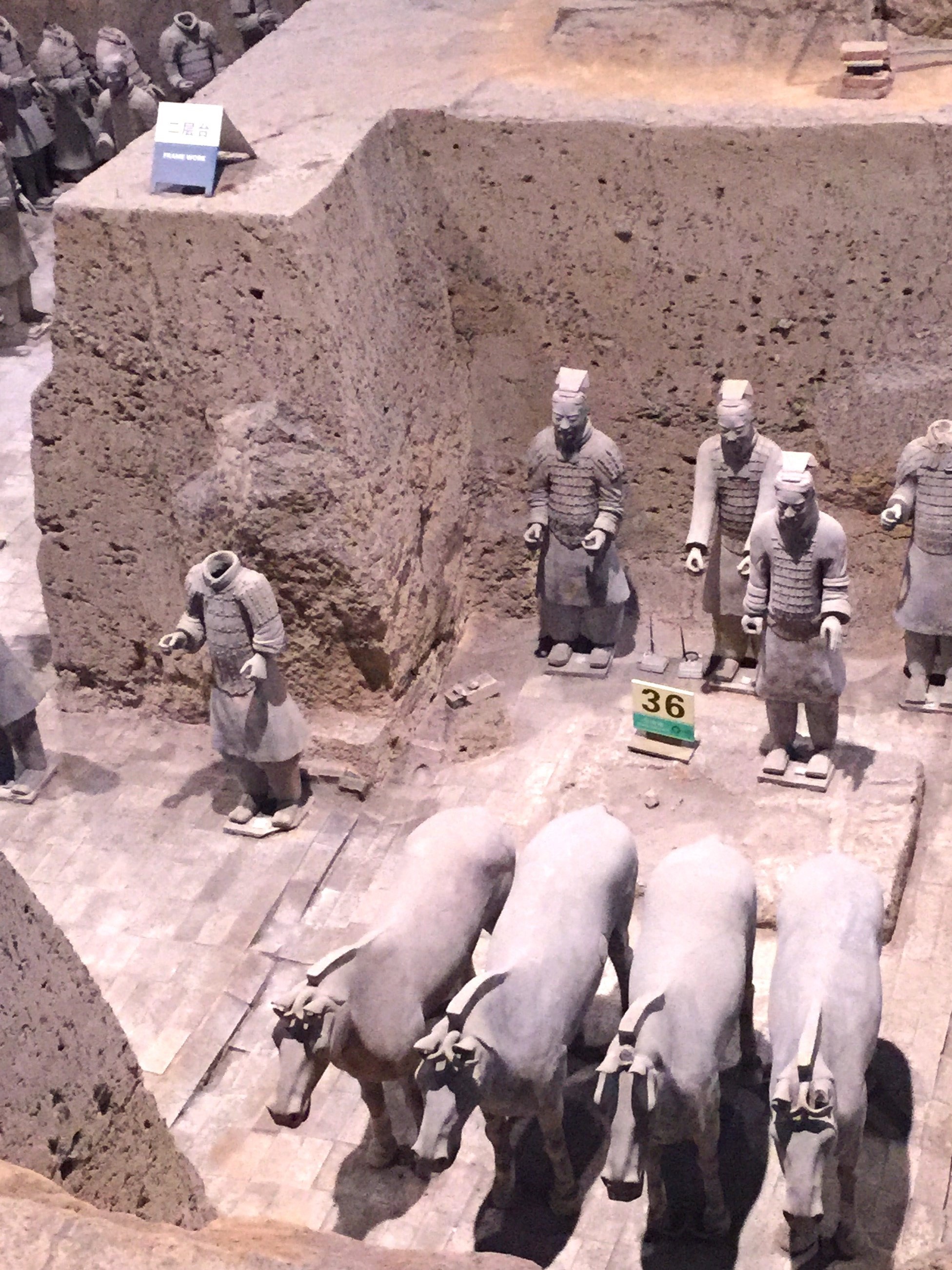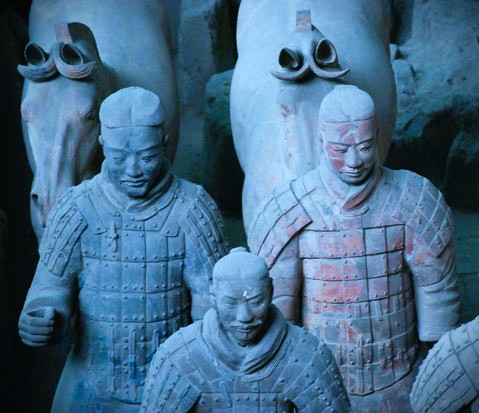
Here's the spectacular view I got of the pits in Xian back in 2014.
Even after half a century, the Terracotta Soldiers of Xian, China are still offering up new secrets... slowly. The latest is a special addition to the force of 8,000 earthen men.
If you'd like to go inside Emperor Qin's City of the Dead, you could wait until China eventually opens that tomb in a few years or decades... OR... you could read Zebulon Angell and the Shadow Army. Your choice.
https://www.amazon.com/Zebulon-Angell-Shadow-Chris-Riker/dp/1637107056
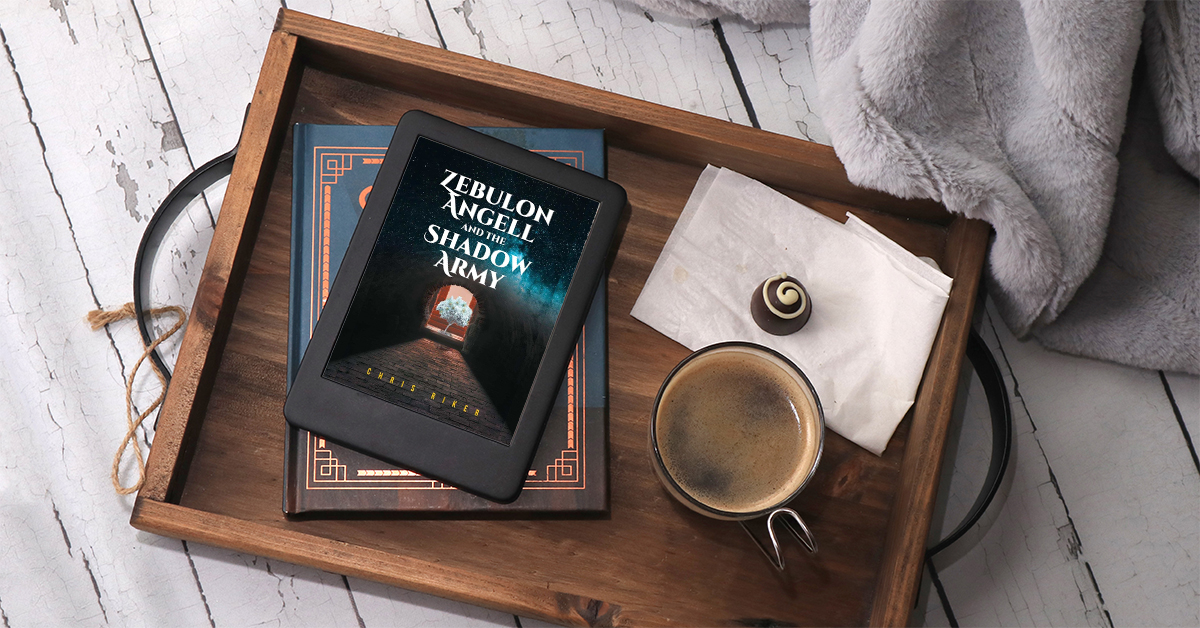
- Details

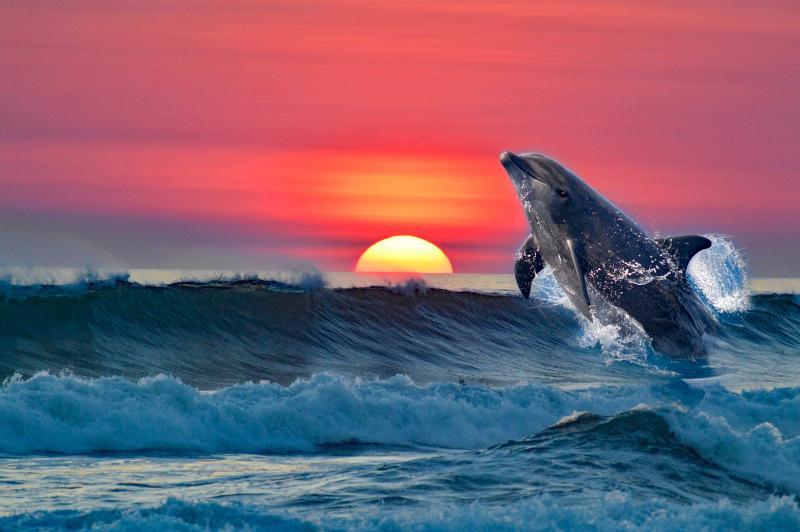
What is intelligence? Humans certainly aren't the only species on Earth with some smarts. Just take a look at what these crafty critters can do!
You gotta admit, dolphins and other animals are pretty dang smart. Are they smart enough to save us humans from ourselves?
Find out in Come the Eventide:
https://chrisrikerauthor.com/news/novels/a-free-sample-and-a-story-unto-itself
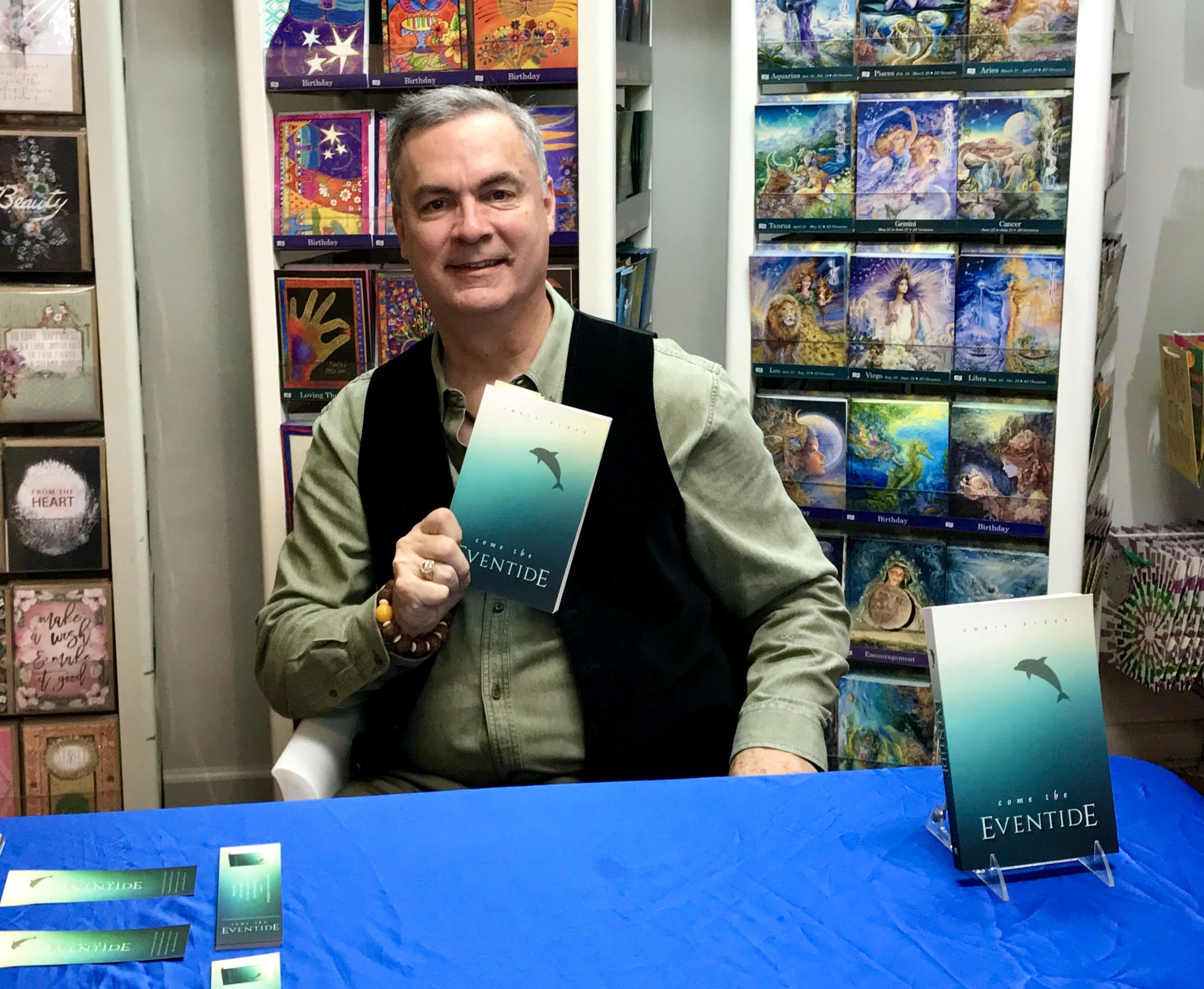
- Details
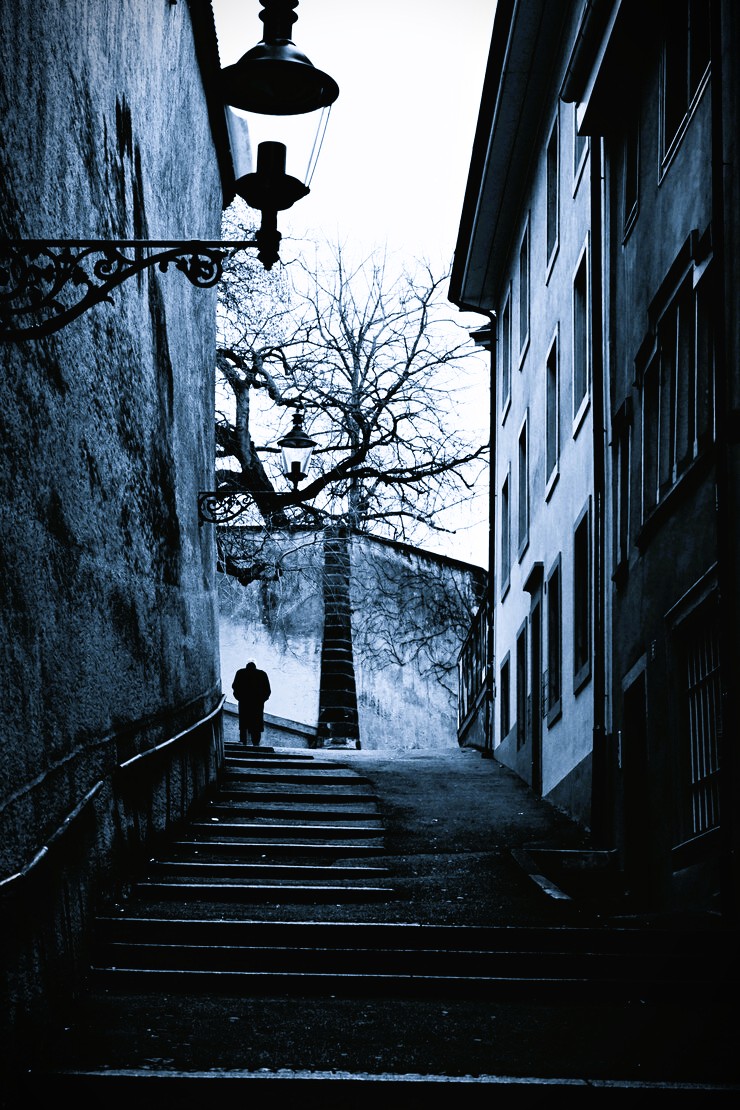

Master hunters of the night, the village cats scrabbled away lest they be trampled beneath the hobnail boots of the shambling fiend. Hungry red eyes flashed from unlit recesses, but the cats chose to take their chances there rather than meet the remorseless brute drawing ever closer. Their feline screams pierced the thick night as they met their fate. So like a woman’s screams, these cries panicked craven villagers cowering behind bolts and shutters, praying the dawn would find them yet alive.
She had screamed, the one he sought. Then she had run from him.
A man might have let her go. He was no man; he was… something else, something relentless, something unclean. His father, a science adventurer burning with a fever dream, had sewn his repulsive figure together from anonymous corpses, declaring the creature “Alive!” Then, his creator suffered a moment of lucidity and cast him out, thus condemning hubris’ wretched spawn to wander the Earth forever alone. Until he discovered her.
Night after night, the solitary one found her in the spidery mirk of some forgotten hovel.
Again and again, she slipped away and fled rather than surrendering to his wicked impulses.
How many nights now had she run from him through the alleys, her feet squelching through the puddled filth of the hamlet? Always he followed, on and on, moving slowly, knowing only that he desired the very bones of her. Always she ran.
She cried out, saying she must preserve what she was, for she knew that if she truly surrendered to his unholy lust, all would be lost.
And so it was on this melancholy night whose thunder grumbled like a great beast one dare not waken, he passed countless doors locked against him. On many, villagers had nailed crosses, but these only served to curl his lips in amusement. The spectral being divined her presence drawing him like a doomed moth addicted to the candle’s fatal embrace.
At last, he came to a ramshackle cottage, neglected and dark. Rapid breathing and faint sighs revealed her chosen refuge. He had found her.
Reaching with one unnaturally large and powerful mitt, he clutched the handle and deftly tore the heavy door from its frame. It fell and splintered on the cobblestones. He lurched forward into the room.
With the voice of a hanged man, he croaked: “Found you. Now you mine.”
Someone struck a match, and its feeble light revealed the greatest horror one soul might witness.
“Eisheth!”
“Francis.”
“Who asshole?”
The object of his heart’s quest lay before him, tangled in the sheets next to some guy.
The rude timbers of the place shook as the grave-spawned man roared out his terrible anger. The stranger jumped from the bed, hurriedly collecting his breeches so as not to flee naked into the night.
“Eisheth? What fuck? This guy not handsome like Francis.”
“Don’t look so surprised.”
He turned to the interloper. “Wait. You!”
“Arnold Wasserman,” the man said. “We met at the Phillips’ party.”
“Eisheth bang insurance dude?”
The man’s face flashed like lightning. “Term life’s my specialty. I can put you into a sweet policy for less than the price of –”
Francis took hold of the man’s shoulders and, with his monstrous hands, pulled. In moments, all remnants of life vanished from the victim, and piles of bone and gore fell to the floorboards with sickeningly wet thumps.
She gazed out the window where the rising Moon was turning clouds to silver. “That was childish, Francis. I’ll just find another one.”
“Why, Eisheth? You me happy together.” She lay there, her raven tresses draping her pallid breasts, her ghastly flesh aglow, dispelling the room’s miasma. All of his parts ached to be with her, to hold her, to crush her to him.
“You never wanted me. Francis, you have the eyes of an artist – he sketched me once in the nude – but you never really looked at me. You never once saw me. You just wanted a cool body.”
“But, but – we good couple. Strong. Fierce. We raid catacombs. Me give Eisheth necklace finger bones.”
“I never wear it. Did you even notice?”
“What ’bout fun trip when we crash big train? Or time villagers chase us up mountain with torches and we bury all in avalanche?”
“Sure, we’ve had some laughs, but it’s not enough.” She folded her wraith-like arms across her splendid, emaciated bosom. “Did you ever ask me what I wanted to do? Did we ever just act spontaneously and go off and eat the souls of the damned? I must have said it a thousand times: ‘Feel like pigging-out on some damned souls? Wow, I could certainly go for some souls – ranch or jalapeno, or… ooh, maybe some damned-flavored ones. How ’bout you?’ How many hints do I have to drop? Face it, we’re through.”
There was no reaching across this chasm. Francis’s reanimated heart broke… yet stubbornly beat on.
Slashing a stiff arm through the air, he declared, “Aw. Love baaad!” From the hidden depths of his being, Francis released an animalistic wail into the cruel void that both suffered and fed his unending misery.
The loathsome one tromped off into the night.
The long-threatened rain began to stab his tattered clothes with damp misery. He moved through the shadows to the neighborhood pub, where three men were just ending a night of drunken revelry. Their laughter was as fire to Francis. In his fury, he picked them up like dolls, one by one, and shattered them against a brick wall. Then he went inside and sat down at the bar. The pubkeeper asked no questions and thus survived. Francis ordered a bottle, vowing to murder the night… and all that followed.
###
So, you like horror with a weird twist or two? Check out Skinners - A Love Story:
https://www.amazon.com/Skinners-Love-Story-Riker/dp/B0C534L136/
An ancient race of body thieves has infiltrated the set of a gothic TV series produced in Atlanta in order to make powerful connections. Remy Redfield, struggling actor and son of a screen legend, stumbles onto the secret. He's the only one who can navigate a world filled with giant egos and star rivalries to stop these creatures from enslaving humanity. There's only one problem. Remy likes their plan.
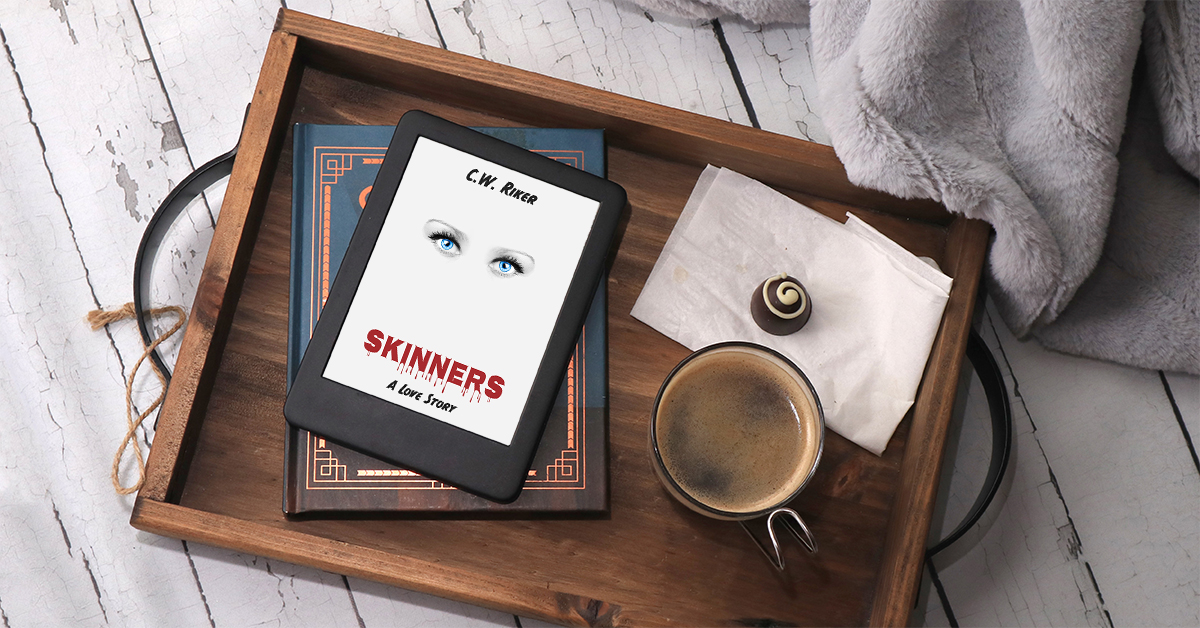
- Details
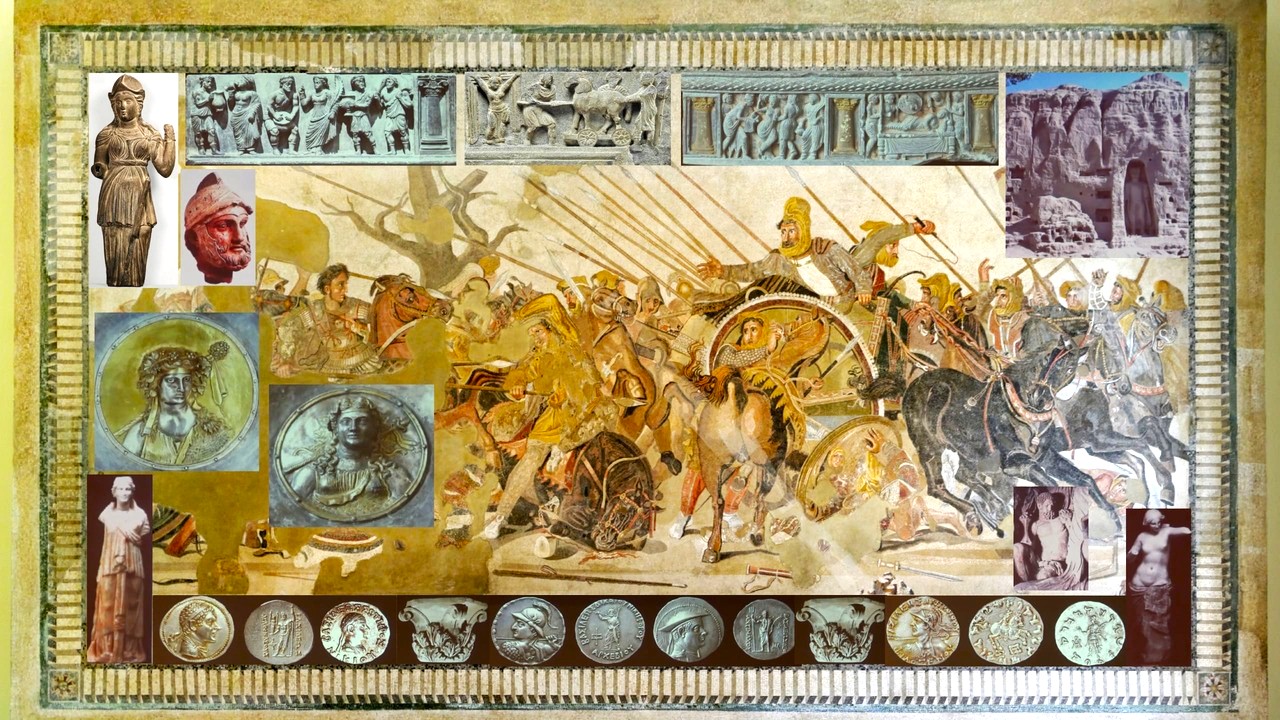

Tiny pieces collected from all over Europe go to make up one of the most famous images on Earth. Now, we are learning much more about Alexander's mosaic.
https://phys.org/news/2025-01-echoing-eternity-year-alexander-great.html
For some chilling insights into Alexander the man, check out Alexander and the Butcher:
https://www.amazon.com/Alexander-Butcher-Chris-Riker/dp/B0D6PT9KX6
- Details
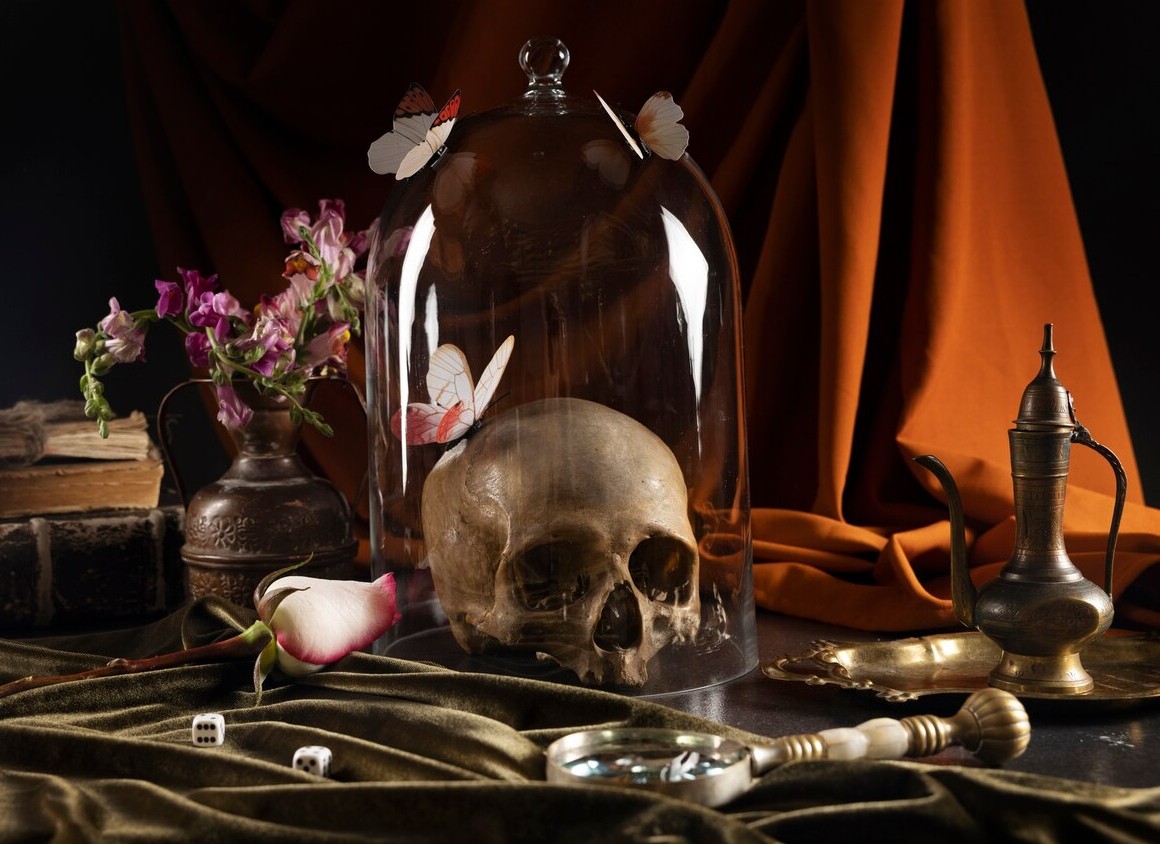

Justice is better late than never... although, it might have been better centuries ago...
https://www.independent.co.uk/news/world/americas/maryland-pardon-witches-b2679665.html
Got an interest in witches? Check out my novel Goody Celeste.
https://www.amazon.com/Goody-Celeste-Chris-Riker/dp/1665307072
Goody Celeste by Chris Riker is about boys with fire in their legs, biking twenty miles to the beach and back and laughing it off. It's about a remarkable woman and those caught in her emotional gravity well. The time that was, whispering to the now we've made; it's in there. A pinch of wonder, a teaspoon of melancholy, stir in humor to make a witch's brew, a recipe for reflection. It's eating fries with vinegar, listening to folk music, body surfing, driving classic cars, and making choices we cannot take back. A purple door leads into a shop of dangerous wonders, where a cat with mismatched eyes watches foolish humans get themselves tangled in the reins of love.
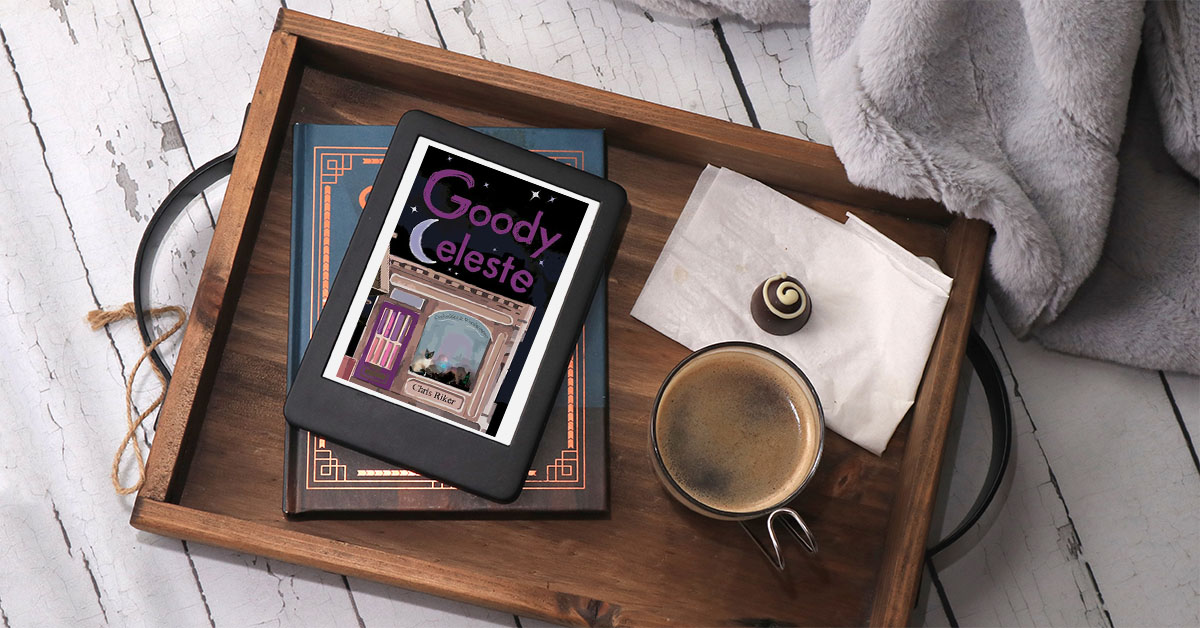
- Details
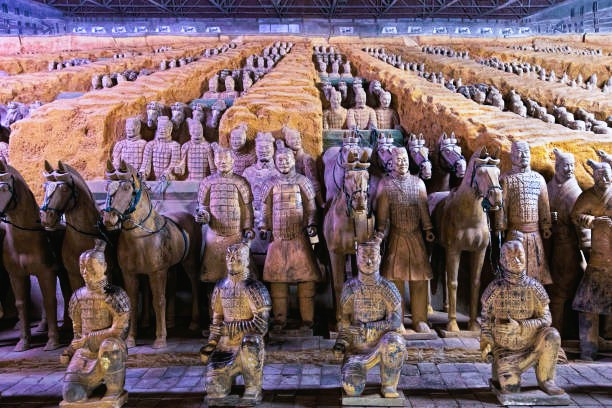
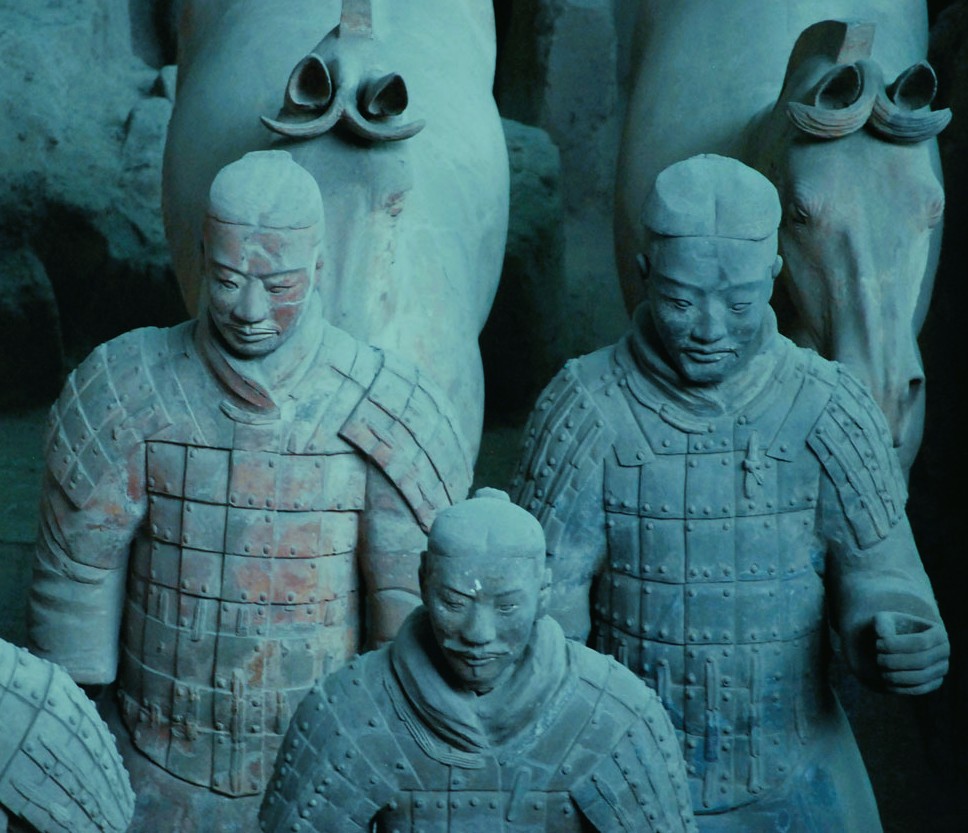
Who's in charge of a vast army buried for two millennia? Some tireless diggers think they've found a BIG clue:
If this story gives you the urge to see more of these terracotta soldiers, please check out Zebulon Angell and the Shadow Army.
https://www.amazon.com/Zebulon-Angell-Shadow-Chris-Riker/dp/1637107056

- Details
